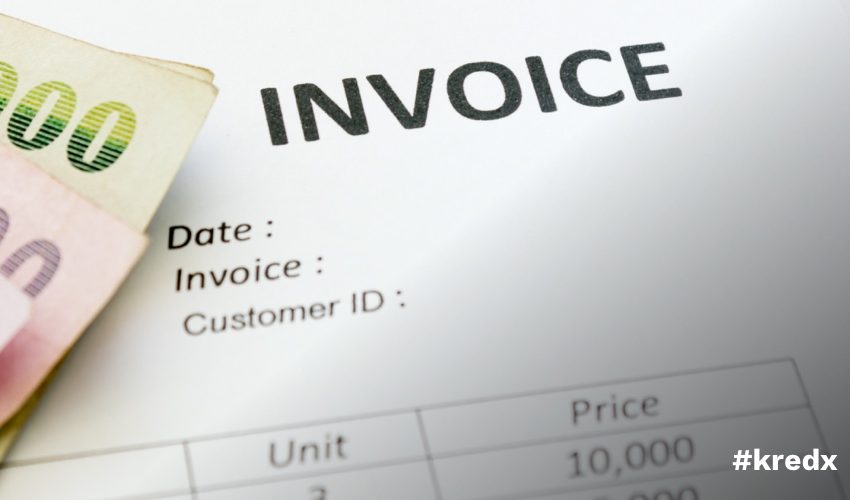
How Can Fintechs Bridge India’s Wide Invoice Financing Gap?
India’s fintech industry is expected to grow at a rapid pace in the upcoming years, with some predicting its value to cross Rs. 6,200 billion by 2025. Fintechs are often the preferred source of business finance for a plethora of reasons.
If you have utilised fintechs when acquiring capital for your business, you would know just how agile such financial institutions tend to be in offering assistance. Additionally, integration of technology only improves the turnaround times on such credits, thereby allowing companies to access the necessary financial assistance conveniently, and in minimum possible time.
Fintechs also aggregate various financial products, enabling tailor-made solutions for each company or enterprise. For instance, MSME and smaller businesses may prefer invoice financing to standard loans. The primary cause for this is the benefit of leveraging an open invoice to acquire credit, without needing to collateralise additional assets.
KredX is one such fintech platform, offering integrated cash flow solutions to businesses that are looking to infuse additional working capital in their operations. With this aid, a company can suitably handle all of its immediate liabilities, including employee salaries, payment to suppliers, and much more.
Reason For Invoice Financing Gap In India
Traditional financial organisations primarily cater to large-scale companies when it comes to addressing working capital shortages. The primary reason for this is to mitigate the risks involved with financing operations for small scale businesses or MSMEs. However, fintechs are better equipped to handle financial transactions with such small companies.
If you are a small business owner, you are more likely to acquire credit from fintechs than from other sources, due to the easy availability of funding from these platforms. A fintech platform can leverage its technological strength to mitigate risks involved with lending to micro or small-scale businesses. Another crucial factor you should understand is that most such lenders follow an internal model for credit risk assessment.
Besides, an integral reason for invoice financing gap in India is that traditional banks are currently struggling to manage their liquidity, due to the current economic stagnancy. Fintechs, on the other hand, have adequate investor backing to come out of this situation unscathed, with access to ample liquid funds. MSME and other sectors would need to seek invoice financing services from these financial institutions, instead of resorting to bank credit for the next few months.
However, apart from assessing the far-reaching effects that fintechs will create in the invoice financing segment, you must also be familiar with this particular service.
What Is Invoice Financing?
Invoice financing is the system of acquiring funds against an unpaid invoice that your business’s customers or clients are yet to clear. Such invoices are considered accounts receivable since your company is liable to receive the concerned amount at some time in the future.
Invoice financing ensures immediate pay-out for your business rather than requiring you to wait for the client payment. With this working capital assistance, you can finance various business expenses, such as providing salaries to employees, making payment to a supplier, and much more.
You can divide invoice financing into two distinct parts. They are –
-
Invoice Factoring
It is a type of invoice financing, wherein you sell the unpaid invoices to the financial institution. The lender then collects the outstanding amount in that invoice from the customer or client.
-
Invoice Discounting
In this case, the invoice in question remains in your company’s possession. However, a financial institution offers a certain percentage of the outstanding due to you as an advance. In this process, your company remains liable to collect the dues related to that invoice from the clients, and pay the agreed-upon sum to the financier.
Bottom Line
Due to enhanced liquidity and ability to mitigate risks, fintechs today, offer more effective financial solutions to businesses than regular financial institutions do. They are also more reliable sources for invoice financing when compared to others.



